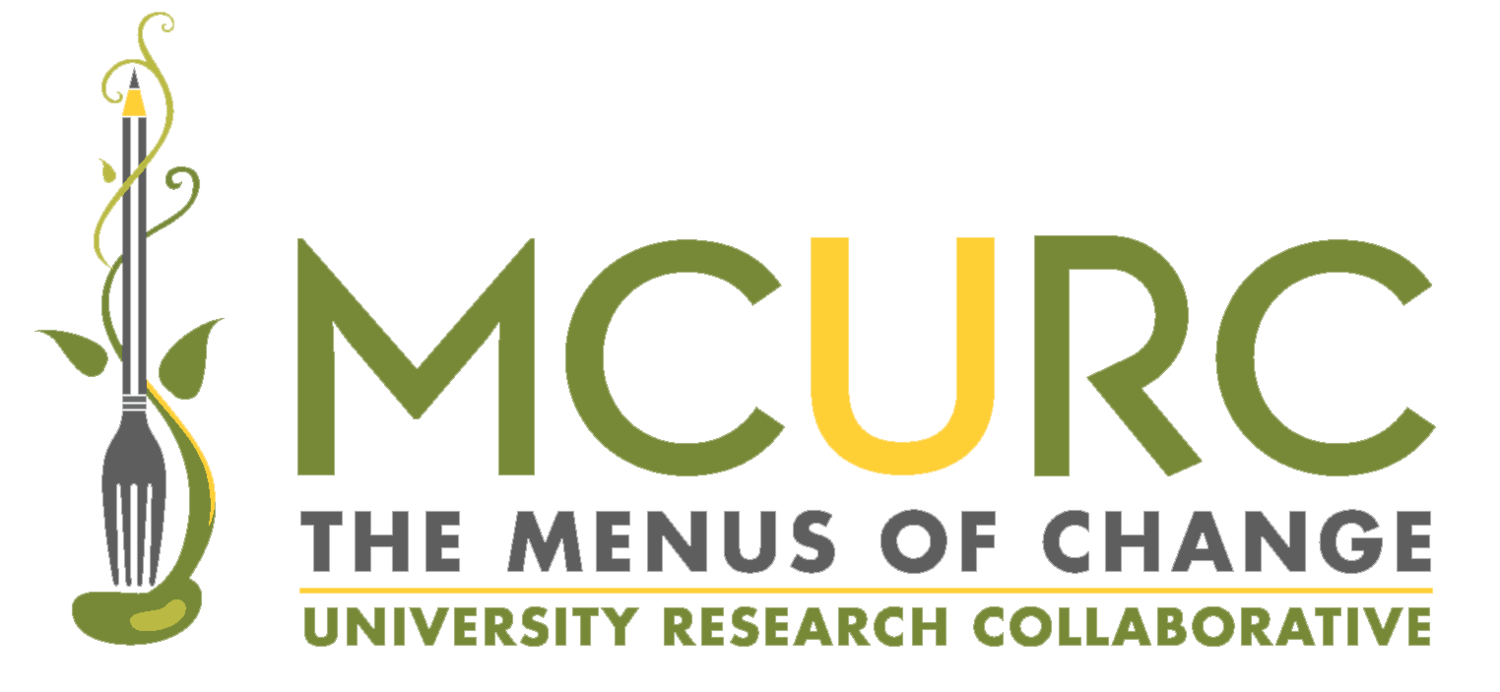
Lebanon Valley College (Taste Lab)
Taste Lab
E.A.T. (Engage, Analyze, Transform) is an undergraduate research group designed to help students develop year-long research projects in collaboration with the college’s dining service provider. For the past three years, E.A.T. worked with Metz Culinary Management to run the Taste Lab project, which uses sensory science to improve the offerings in Lebanon Valley College’s dining hall. The Taste Lab is managed by one undergraduate researcher per year, who works with the E.A.T. director and Metz’s head chef to develop bi-weekly taste tests for students in a controlled setting. The focus each year is slightly different, but the overall approach has been to use the taste lab to help Metz Culinary gather student opinion as they strive to offer healthier, tastier, more international, and more sustainable dishes.
OVERVIEW
Project Coordinator: Robert Valgenti (valgenti@lvc.edu)
Participants: Dining Services, Faculty, Undergraduate Students
Dining Service Provider: Outside Contractor (Metz culinary Management)
Timeframe: Ongoing, year-long projects within student/instructor course load. Individual Taste Lab events are held every 2-3 weeks.
Funding: Dining Service Operations, Internal Grant
MOC PRINCIPLES ENGAGED
1. Be Transparent About Sourcing and Preparation
4. Leverage Globally Inspired, Plant-Forward Culinary Strategies
6. Grow Everyday Options, While Honoring Special Occasion Traditions
7. Lead with Menu Messaging Around Flavor
9. Celebrate Cultural Diversity and Discovery
STRATEGIES FOR COLLABORATION
Student project leader meets regularly with head chef and EAT program director to develop taste tests to achieve a particular goal.
Project ideas are solicited from dining services (what are their needs, interests, etc.) and also from faculty and students who have interests that arise from curricula, class projects, service groups on campus, etc.
The lab allows the culinary staff to be creative and explore students' tastes and preferences without the risk associated with failed menu items.


